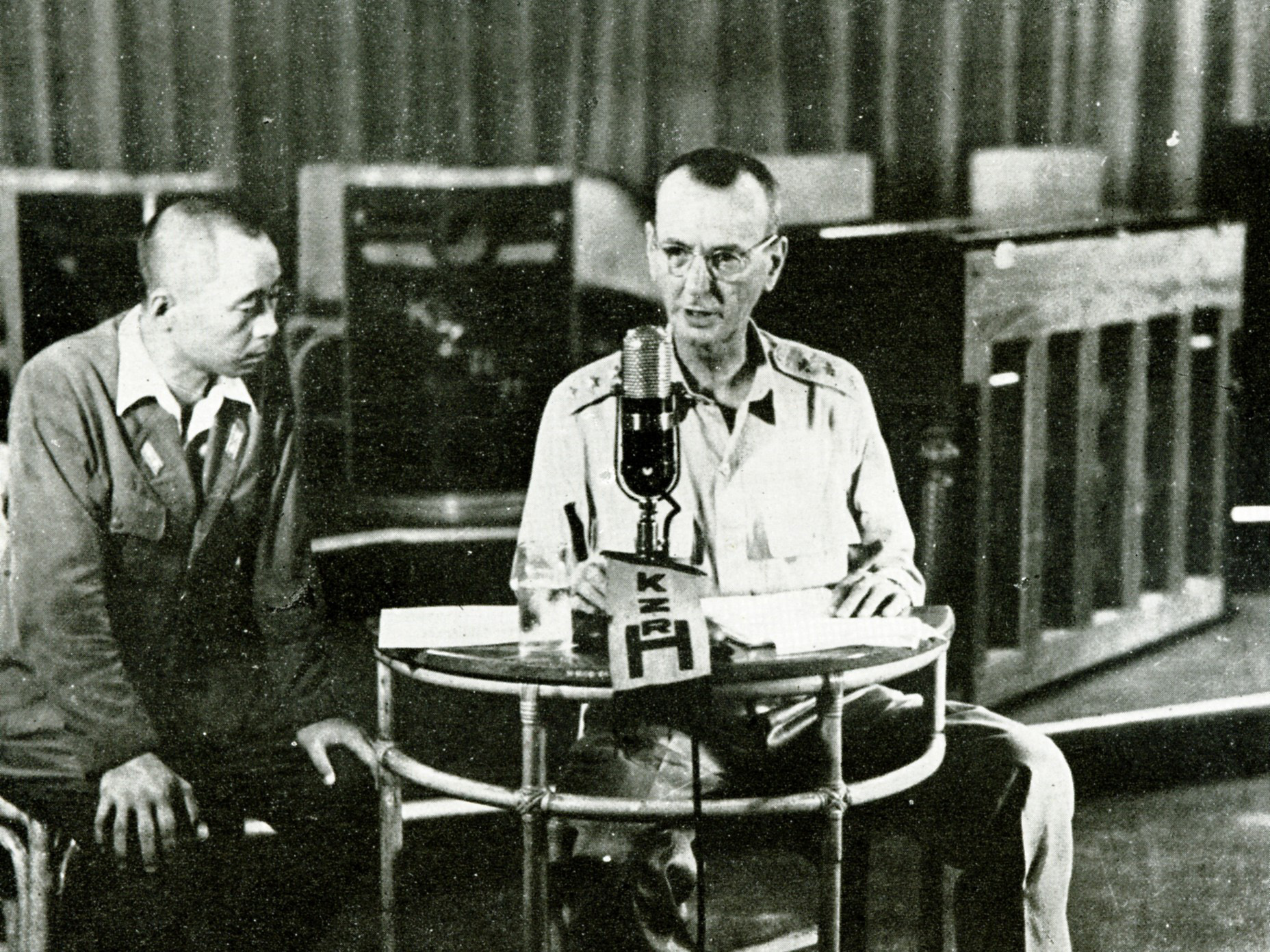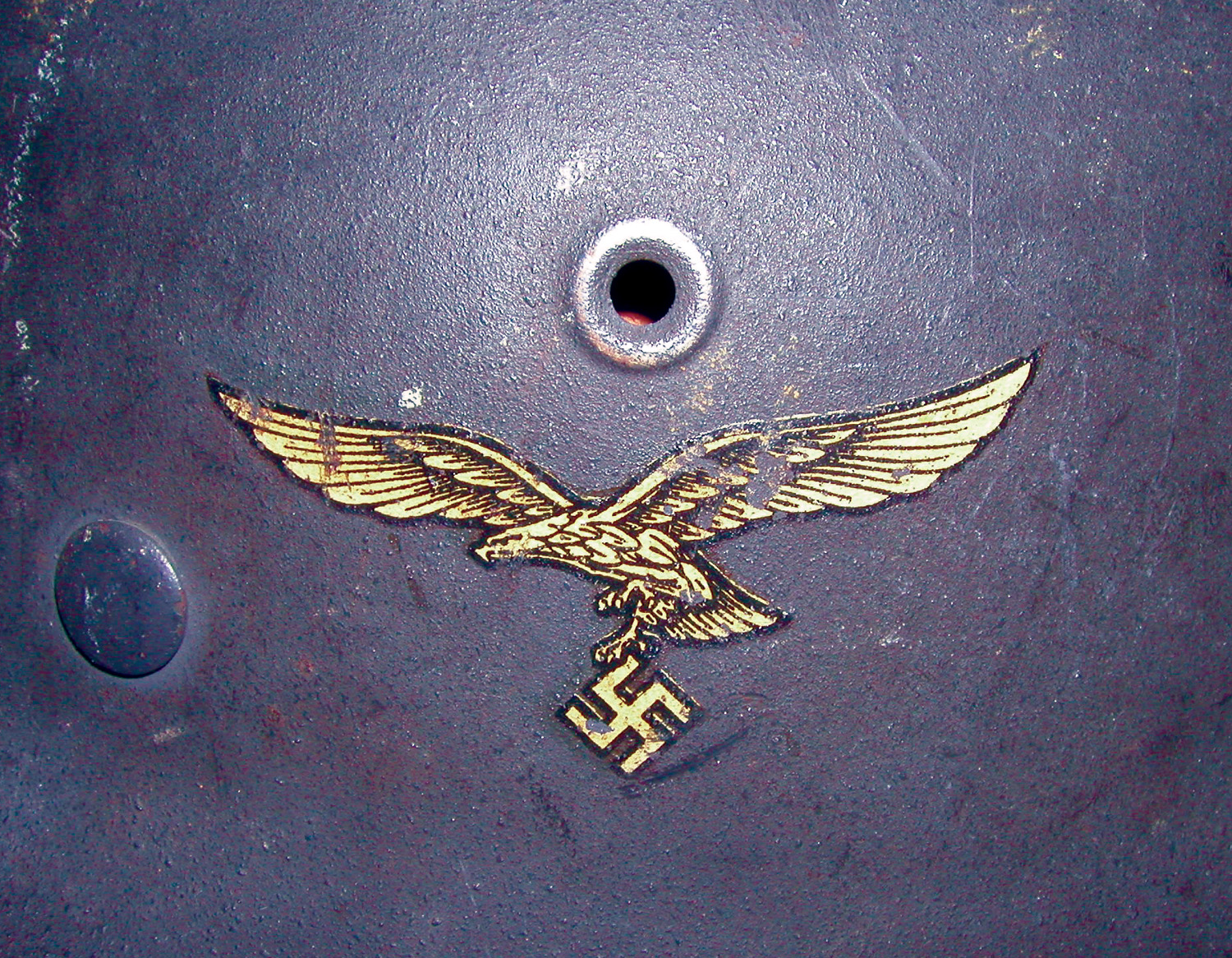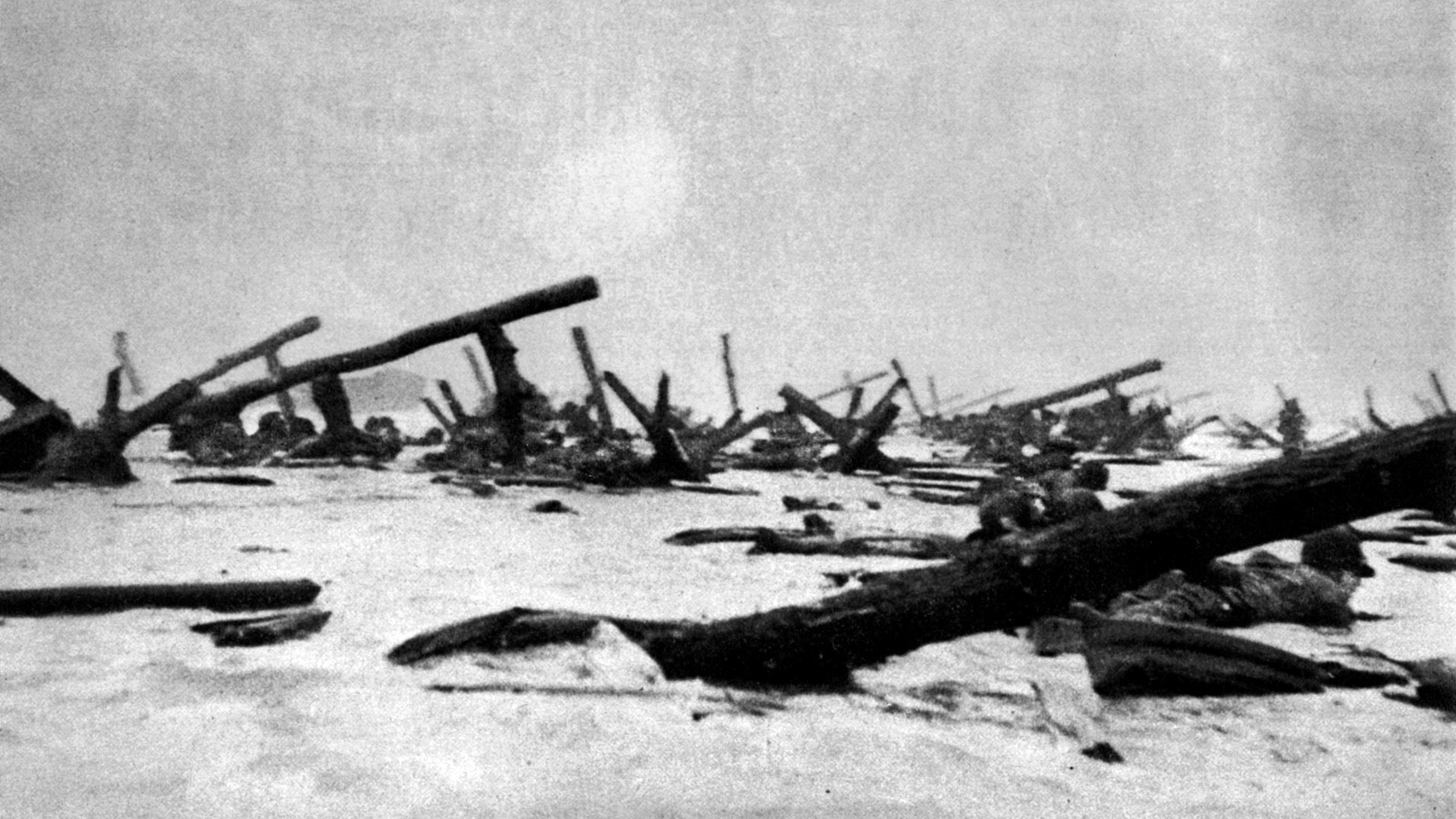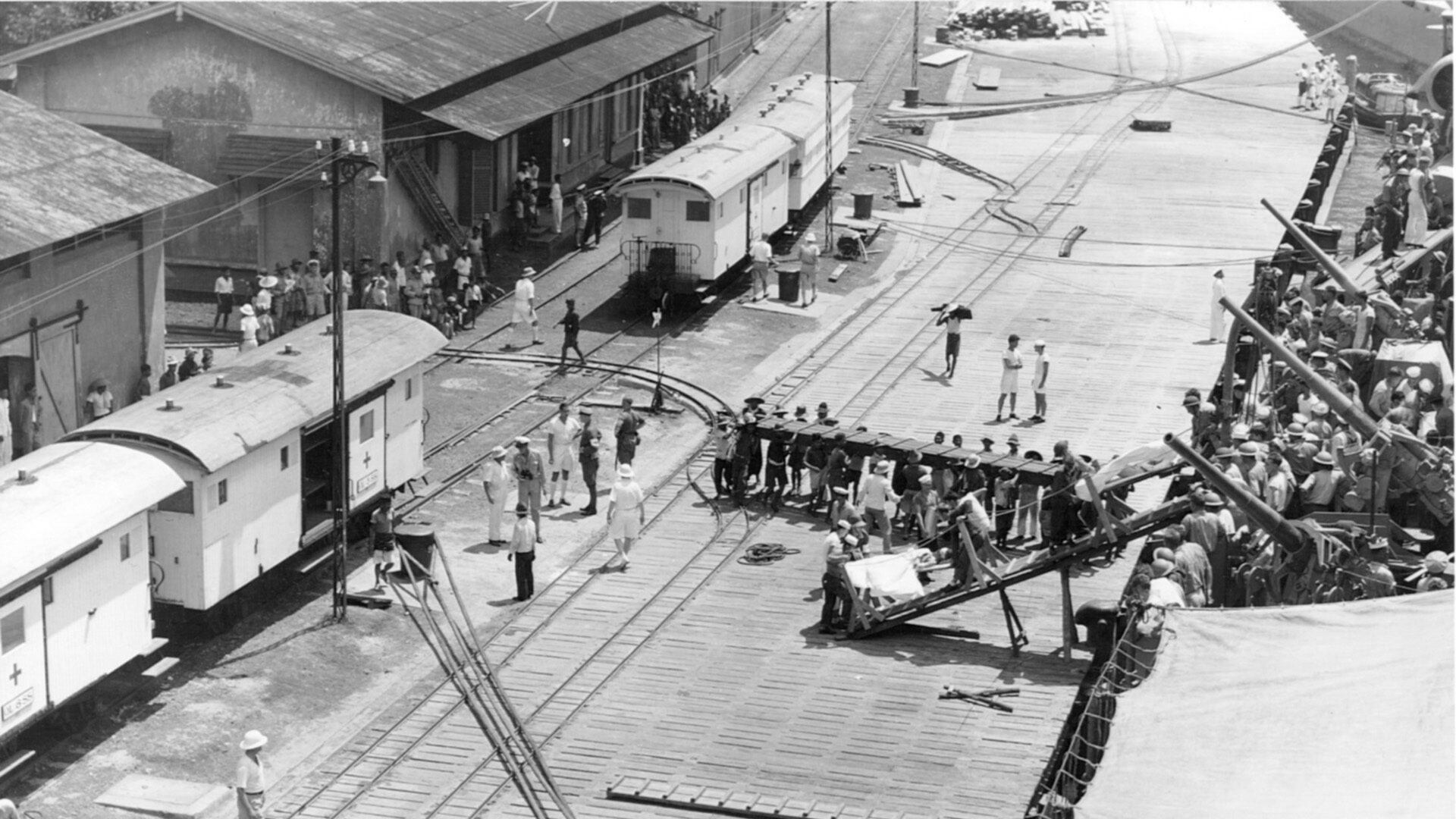From the frozen reaches of the Arctic Circle to the swelter of the Pacific, the men of the U.S Merchant Marine delivered 95 percent of the planes, tanks, artillery pieces, and troops who fought the Axis during World War II.
Nearly 10,000 of these sailors died braving the U-boats, surface raiders, and air attacks of the Nazis, as well as the most difficult weather conditions imaginable during the Murmansk Run or sailed thousands of miles to reach tiny spits of land in the tropics in spite of determined Japanese efforts to stop them. Around the globe, the men of the Merchant Marine won the logistical battle that facilitated final victory. Their casualty rate was actually higher than that of those in combat, and approximately 1,000 of their ships were sunk during four years of war.
Still, the Merchant Mariners were excluded from the benefits of the GI Bill. They received no assistance with college tuition. They got no government boost when buying a home. Until 1988, the Veterans Administration did not provide medical care. Theirs had been a virtually thankless job.
However, a bill recently approved by voice vote in the U.S. House of Representatives has, six decades later, brought those Merchant Marine veterans still living a step closer to receiving a check in the mail. Representative Bob Filner (D-California), chairman of the House Veterans’ Affairs Committee, told the Associated Press that the measure approved in May was a way to “finally give the heroic merchant mariners of World War II the belated compensation they richly deserve.”
Of the 250,000 men who served in the Merchant Marine during World War II, only an estimated 10,000 are still alive to potentially collect $1,000 per month allocated to those who served during the period extending from December 7, 1941, through December 31, 1946. The measure must still pass the U.S. Senate, where Senator Bob Nelson (D-Nebraska) is sponsoring legislation similar to the House bill. Altogether, the estimated cost of the measure, if enacted, is $438 million, a drop in the proverbial bucket compared to the pricetag of the current bailout bonanza taking place on Capitol Hill.
Still, there are those members of Congress who objected to the passage of the measure in the House, at least in its present form. Representative Steve Buyer (R-Indiana) has asserted that a bill that benefits the Merchant Marine veterans alone is discriminatory, ignoring as many as 28 other groups whose service was critical to the war effort. For example, the famous Flying Tigers, who fought the Japanese in the skies over China, were American mercenaries in the service of the Chinese government. The Women Airforce Service Pilots, or WASPS, ferried aircraft to staging areas across thousands of miles. Neither would be included.
Although it can be assumed from statements made publicly when he signed the GI Bill into law on June 22, 1944, that President Franklin D. Roosevelt expected its benefits to be extended to the Merchant Marine, more than 60 years have gone by without redress for those who went in harm’s way at the risk of their lives just as those who shouldered rifles.
“They missed out on the GI Bill for their education, the GI Home Loan Program for purchase of their family home, and related earned benefits, not to mention the cost of the medical care they underwent for wounds, injuries and illnesses they experienced. Their service was shelved and taken for granted,” commented William Matz, Jr., the president of the National Association for Uniformed Services and a retired U.S. Army major general.
While a number of groups may have been excluded from the current measure, it is high time that they, too, should receive their just compensation; and there is still time to do the right thing for a handful of Merchant Mariners. Concurrently, it seems reasonable that someone should champion the causes of those other groups, and should a separate piece of legislation prove necessary, then so be it.
Michael E. Haskew








Join The Conversation
Comments
View All Comments